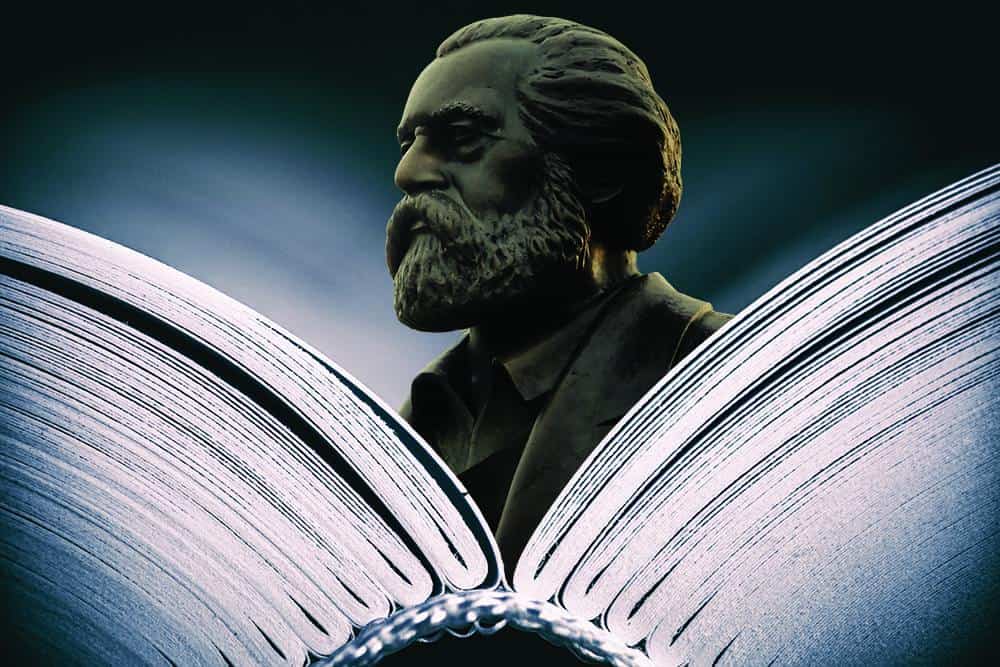Voting power

 Just because you don’t vote doesn’t mean you can’t complain
Just because you don’t vote doesn’t mean you can’t complain
Regina’s recent mayoral election, and the current American presidential race, has resurrected the age-old democratic debate about voting, and the perennial issues that surround it.
Firstly, let it be said, that voting is obviously an important part of being a democratic citizen. Suffrage means that an individual’s voice can be heard amongst many, and this makes a democracy what it fundamentally is, a “rule by the people”.
Even so, many Canadians do not turn out to vote. Take, for example, the last Canadian federal election in which only around 61 per cent of the electorate turned out to cast their ballot. Why is voter turnout so low, why aren’t people making their voices heard?
Statistics like this tend to lead to the argument that “since the other 39 per cent of Canadians didn’t vote, then they can’t complain about what happens.” This erroneous statement is made often, yet of course someone who didn’t vote in the last federal election or Regina’s recent election could complain. They could have chosen not to vote for many reasons: these non-voters can be apathetic to the system or none of the parties might appeal to them. They also might not feel like voting in a first-past-the-post system where, unless their candidate wins, their vote means nothing.
Finally, if someone were totally against the government, then why would they ever have to support it with their vote to challenge and or complain about it? They may see the government and the system as the problem, and voting is an exercise of electing the lesser of two evils. If this is the case, then perhaps political parties should expand themselves to actually attract these non-voters.
This “don’t complain” statement is the same as saying someone who doesn’t drive a car can’t complain about global warming because they don’t contribute to it.
Generally, when it comes to voting there are three types of people: firstly, those who vote, then those who don’t vote because they are willingly uninformed and don’t care, and the aforementioned people, who might not like any of the parties.
Just because they didn’t cast a vote doesn’t mean they are inept and can’t complain about the government. Anybody who is affected by the government has the right to complain and the challenge the government.
In fact, those brave democratic citizens who only vote every four years for the right to complain don’t realize that voting is not the be-all end-all of democratic participation. They can do many other things: they can protest, they can tweet, blog, write, sign petitions, email MPs or local politicians, join parties, and further educate themselves in the inner workings of politics.
Malcolm X, in his speech entitled “The Ballot or the Bullet”, says, “a ballot is like a bullet. You don’t throw your ballots until you see a target, and if that target is not within your reach, keep your ballot in your pocket.” His point is that a vote in a democracy is not something to just use without consideration but something that should be used wisely. If people choose not to participate in the political realm, for whatever reason, then that is their democratic right. But they also share any rights as any voters and this is the essence of democracy. If these non-voters were forced to vote, is that democratic?
Michael Chmielewski
Contributor








